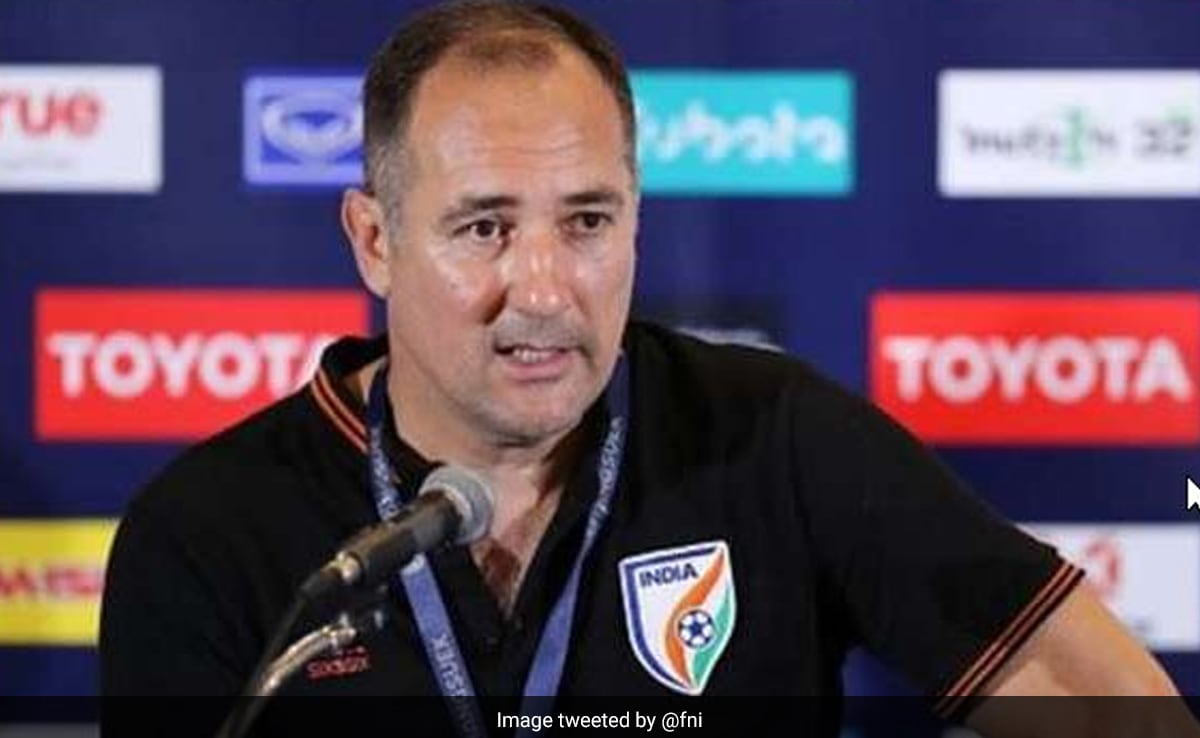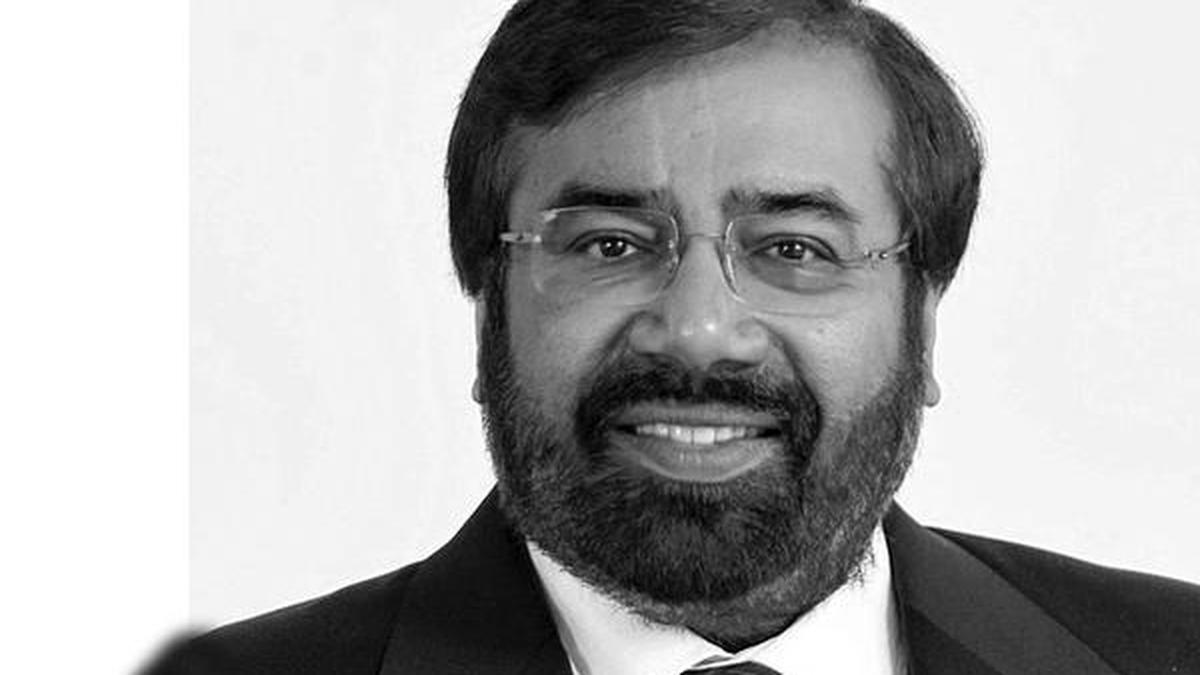Harsh Goenka, Chairman, RPG Group
The Finance Minister’s speech during the Vote on Account exudes confidence that our economy is on track to achieve the Hon’ble Prime Minister’s vision of becoming a ‘developed nation’ (Viksit Bharat) by 2047. The budget last year had significantly increased infrastructure spending alongside multiple welfare schemes. The results of the reforms and investments are now clearly visible with significant strides in various sectors that bolster the nation’s trajectory towards inclusive growth and sustainable development.
Continued focus on infrastructure, with substantial investments in railways, airports, and highways underscores the government’s commitment to strengthen these sectors which are the backbone for economic growth, job creation, and enhanced quality of life. The budget also continues several social welfare measures, crucial for India’s long-term growth, ensuring that development is inclusive and benefits the most vulnerable sections of society. The healthcare initiatives are particularly noteworthy, reflecting the lessons learned during the pandemic and doubling down on the commitment to building a robust public health system. The decision to extend healthcare coverage under Ayushman Bharat to all ASHA and Anganwadi workers will motivate those working at the grassroots and strengthen the primary healthcare ecosystem. The decision to encourage cervical cancer vaccination for young girls will reduce the risks of developing cervical cancer for the 511.4 million women aged 15 and older.
The foresight shown towards technology is commendable. The 1 lakh crore support for technology investments aligns with the nation’s rapidly growing digital economy, unlocking new growth avenues and fostering innovation to cement India’s position as a global leader in the digital space. Strengthening of deep-tech technology for the defence sector will ensure our defence forces are always equipped with the most advanced technologies to meet any future threat.
The agricultural sector, the backbone of the Indian economy, has been getting due attention with 11.8 cr. farmers having received direct financial assistance from PM-Kisan Samman Nidhi so far. The initiatives to enhance agricultural productivity, improve post-harvest marketing and storage infrastructure and better market access will not only boost the sector but also empower millions of farmers. This will go a long way in elevating the rural economy and ensuring food security for India.
The budget makes a strong case for environmental sustainability, aligning with our Net Zero commitment. Viability gap funding for investments in renewable energy, green initiatives, and sustainable urban planning demonstrate our proactive stance on climate change. The proposed rooftop solar investment of 1 crore households will promote grassroot level energy self-sufficiency and also create multiple economic opportunities.
The budget showed continued commitment to simplifying tax structure and removing irritants eg. withdrawal of old outstanding direct tax demands which will bring relief to around one crore small taxpayers. The government’s approach to fiscal management also deserves an applause. Measures to consistently bring down fiscal deficit, aiming at a below 4.5% number by FY26 will ensure economic stability.
Overall, balancing growth with social welfare, modernisation with sustainability, and fiscal prudence with ambitious development goals, the Interim Budget 2024 has ensured that India’s economic juggernaut continues to roll on as we build a prosperous, resilient, and future-ready nation.










